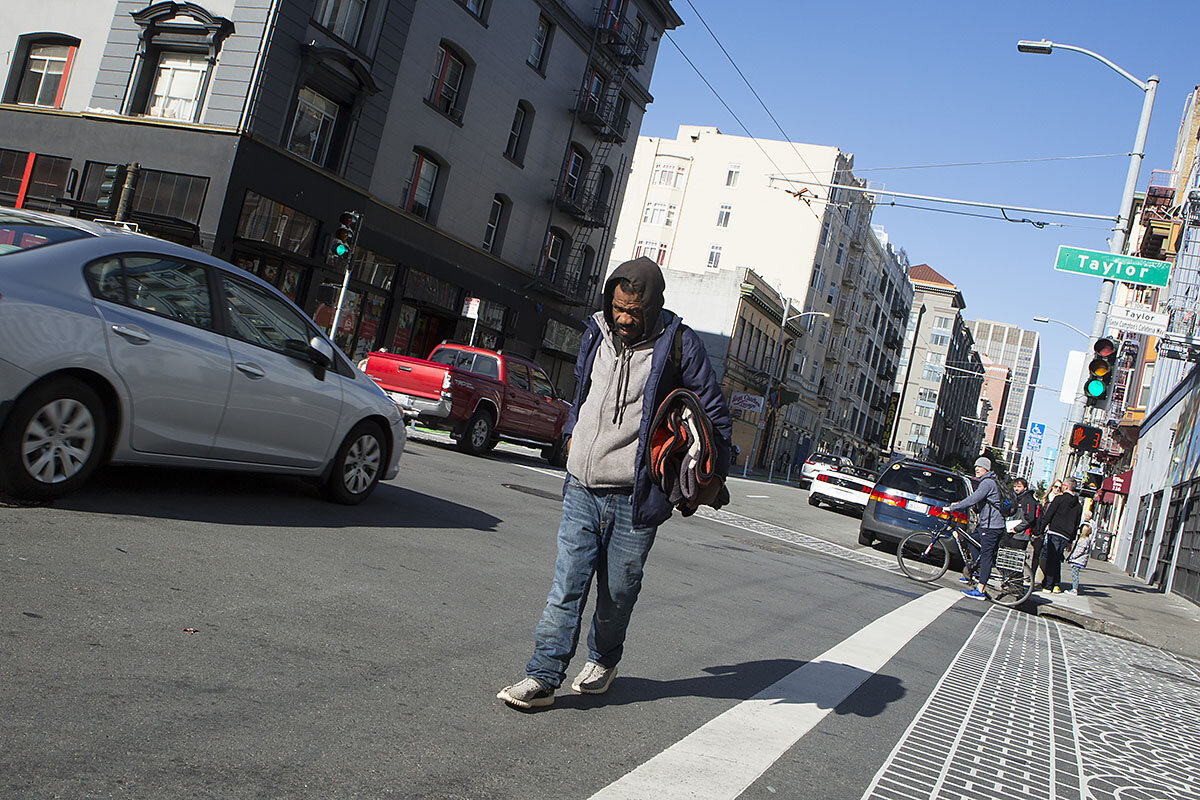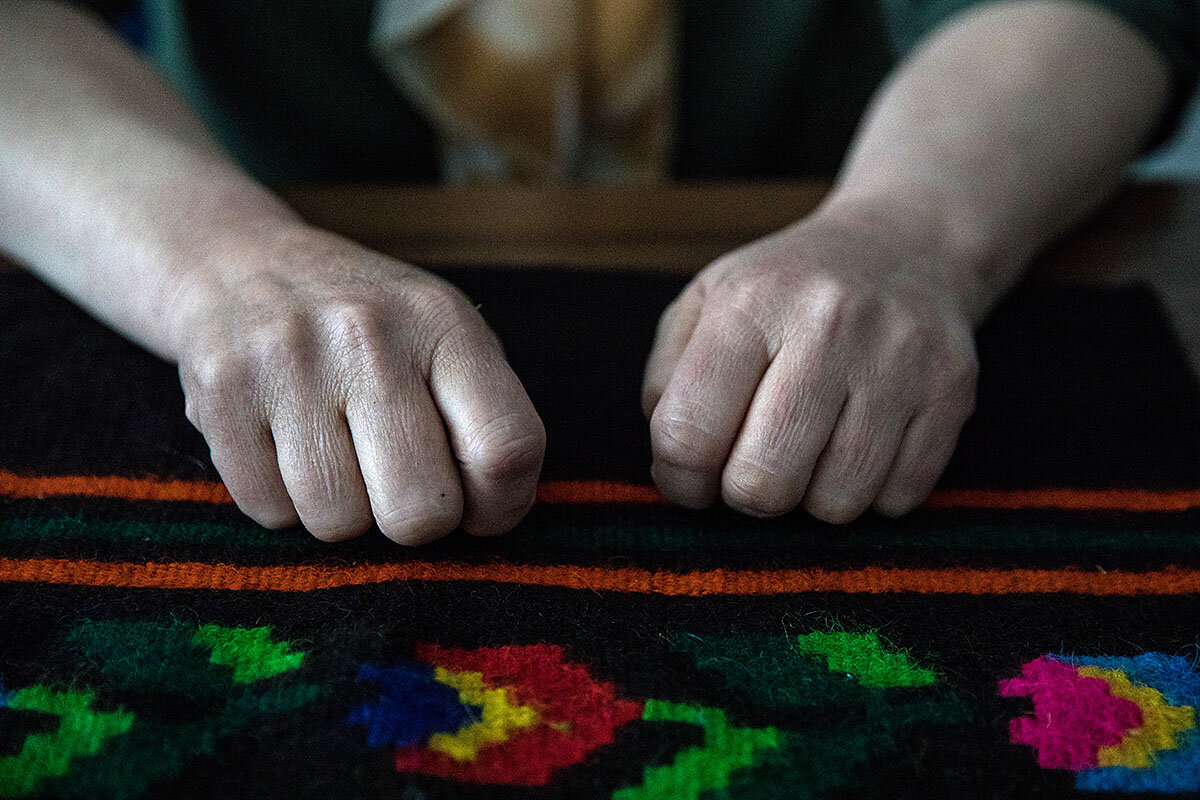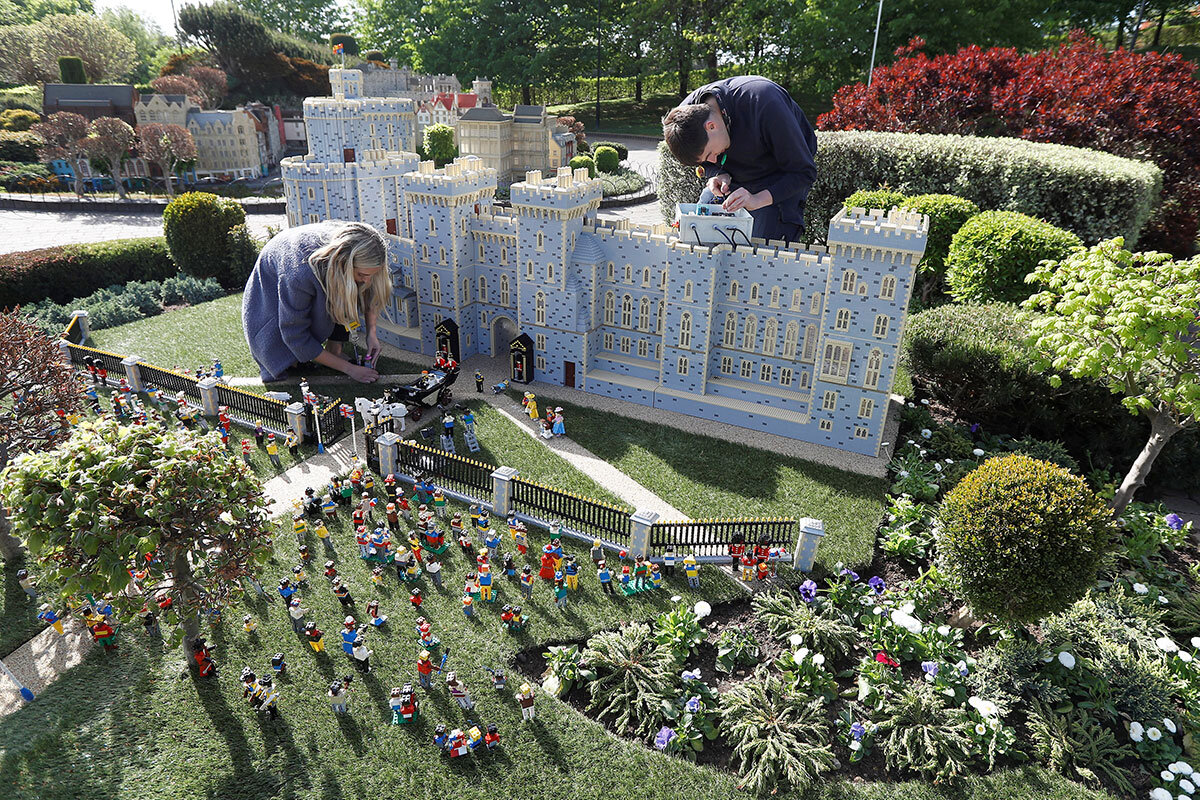Candidates in Iraq's elections Saturday, aware of the perils of sectarianism, are focusing on bread-and-butter issues. But that doesn't mean they've earned voters' trust. There are still lessons to be learned about democracy: Voting drives legitimacy, and corruption undermines trust.
Monitor Daily Podcast
- Follow us:
- Apple Podcasts
- Spotify
- RSS Feed
- Download
 Kim Campbell
Kim Campbell
A young fundraiser in Pennsylvania recently wanted to help cash-strapped libraries in his county. He set up a lemonade stand, squeezed the lemons, and raised about $100 in donations.
Ulysses Stoutenburg is 5 years old and is already figuring out what it’s like to have a job. That’s something that educators in one California city think should be a priority. In El Cajon, kindergarteners learn what police officers and farmers do. But their knowledge about careers goes beyond that. They are part of a new World of Work initiative that has students in Cajon Valley Union School District investigating at least six different careers each year; that’s 54 total between kindergarten and eighth grade.
In El Cajon and elsewhere in the United States and overseas, concern about having enough skilled workers is growing. Construction sites and homeowners are finding it more difficult to find an electrician or a plumber because of retirements, departures, and a dearth of new workers. That feeds into a larger debate about how education can help. Should skills training have a bigger role in schools?
The World of Work program aims to bring dignity to a range of careers and to do so from a younger age, in part to help battle stigmas around skilled labor jobs. Students are given the opportunity to interact with people in the professions they are studying, from carpenter to civil engineer, real estate agent to graphic designer. It’s an approach to keep an eye on as cities consider how to retain young people and schools weigh how best to prepare the next generation of workers – many of whom get their start selling lemonade.
Our five stories today include three that look at how countries move forward after armed conflicts, one that shows how tackling domestic issues takes constant reevaluation and effort, and one that offers a visit with some timeless literary sisters.











